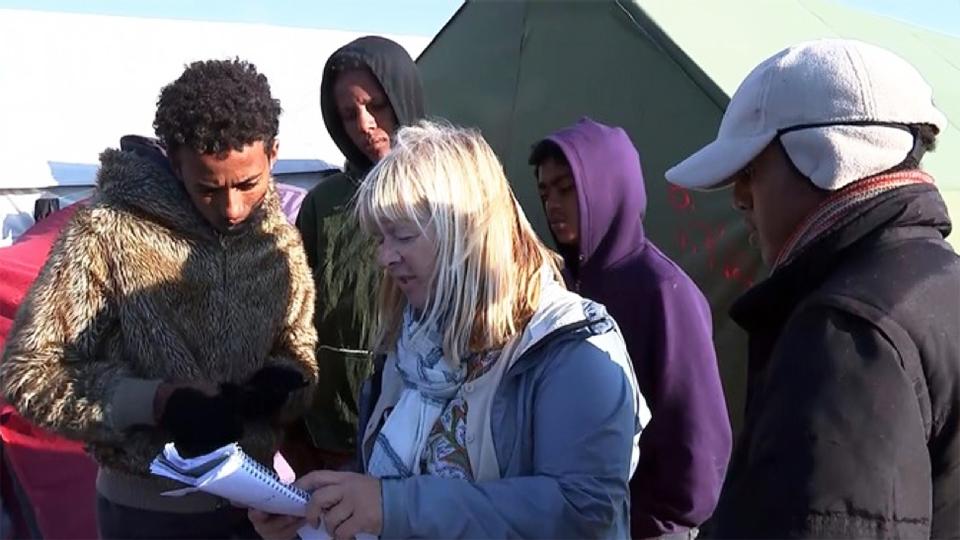3rd October 2018
An important legal victory in the Court of Appeal has advanced the work of a filmmaker and campaigner from Goldsmiths, University of London.

Professor Sue Clayton has been campaigning for two years on the issue of the child refugees who were left abandoned in Calais despite the fact that many had a strong legal case to be brought to safety in the UK.
Today (3 October 2018), following a challenge brought by charity Help Refugees, judges ruled that a number of child asylum seekers assessed for transfer to the UK under Section 67 of the 2016 Immigration Act – known as ‘the Dubs Amendment’ after its proposer Lord Alfred Dubs – were given “patently inadequate” reasons for being refused entry.
The decision means that the case of 37 children Sue identified in the Calais Jungle can move forward. Her film Calais Children: A Case to Answer has been screened over 200 times in six countries, and formed the basis of a legal challenge brought by her team at Duncan Lewis Solicitors, and heard in the High Court in February and March this year.
Sue said: “It’s been so frustrating having our judgment held for over six months while the Help Refugees case was settled. But the success of their judgment today is fantastic news. It means that the principle of the Home Office having acted unlawfully has been established by the court.
“Now we hope our case, which involves “ZS”, our lead client from Afghanistan, and 36 others, from war-torn countries with the youngest aged nine, will follow the same route and bring safety to these 37 kids who are waiting for a positive outcome.
“Of around a thousand unaccompanied children still abandoned and homeless in France, at least 20 have died in the last two years, either trafficked, abused, killed on the road or gone missing. Dubs was a lifeline, and it was not used to save these children as it should have been, now we have the court’s backing on this in principle and hope our judgment will follow soon and establish it practice. Two of our kids have recently made suicide attempts; the next phase – our judgment – can’t come soon enough.”
Text taken from this article